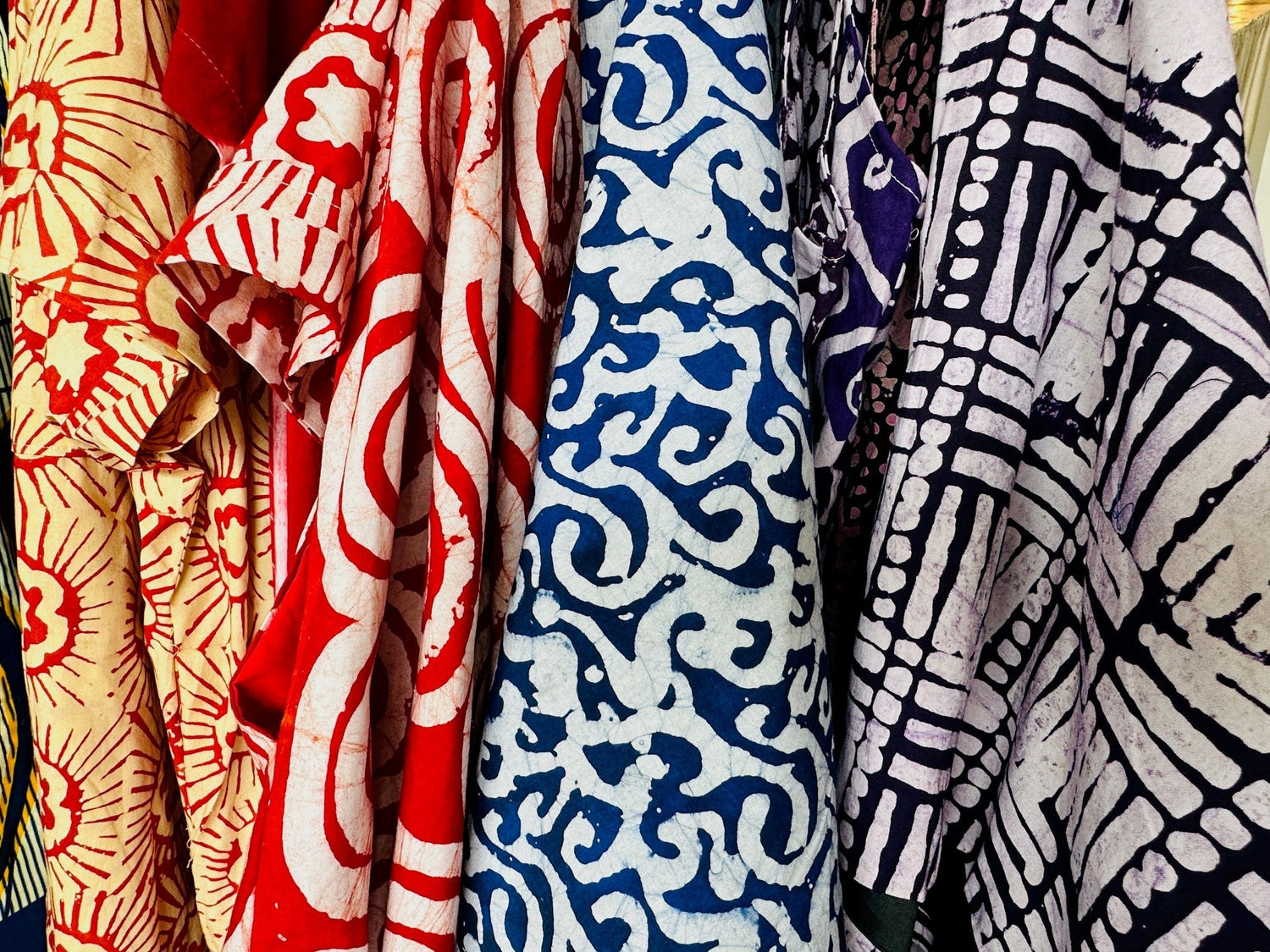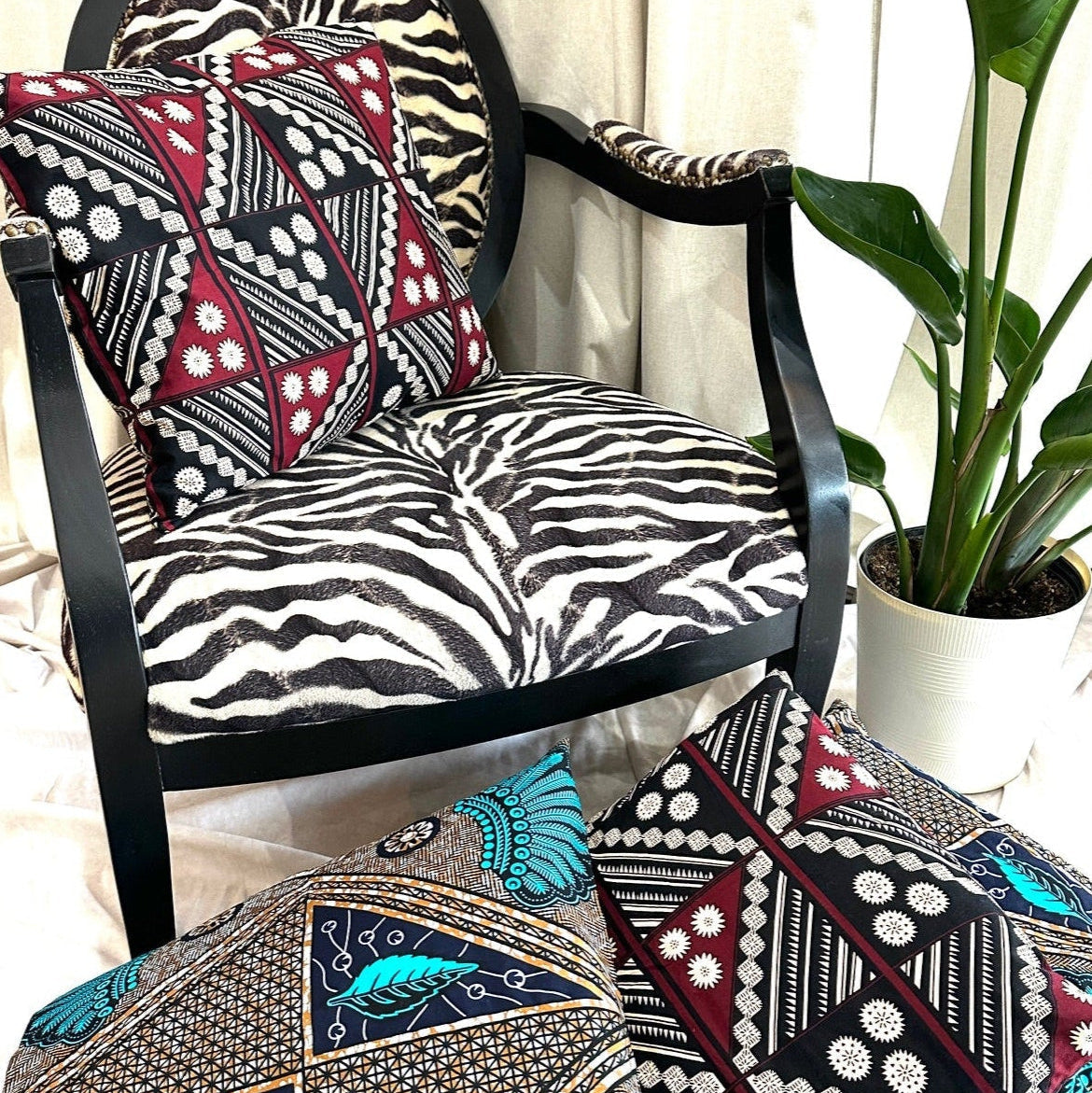It has been a little over a month since our world was turned upside down.
The global pandemic, Coronavirus/COVID-19 is affecting people at different levels, in different ways. A couple of things most of us have been introducing into our daily norm are the terms, “Social Distancing” and Sheltering-in-Place.” But, not only is our terminology shifting, our thoughts and values around what “essential” means are also being challenged. Prior to this crisis, going to buy basic household items meant a quick run to the store on our way home from work or an early Saturday morning shopping trip to your local Walmart or Target. However, in a matter of what feels like overnight, we’ve redefined what’s important to us and what it means to have “enough” of life’s basic necessities. For many of us, we’ve come to realize that there are disparities when it comes to how we are going to come out of this current crisis. Our individual social, cultural and economic statuses play a major role in determining what the other side of this looks like for us.
I am a self-proclaimed global citizen, privileged to call two-places home: Tanzania and the United States. My life is full of complexity; I often remind people that I was born in the Iringa region, home of Hehe people (my father’s birth home). My mother is of Nyamwezi people in the Tabora region, but she was born and raised in Dongebeshi, Arusha; home of Iraqw people, and I grew up in Dar Es Salaam. Tanzanian folks could easily understand this dynamic of complexity. But then, there’s the south side of Chicago, the place that groomed me for over 28 years. My education- Chicago; my love - Chicago; my place of worship- Chicago. Chicago is home too.
Whether I’m admiring my homeland of Tanzania or my Chicago roots, how I tend to process and engage things and people is wrapped up in a paradox of socialism, collectivism, capitalism and individualism (yes, I said the "S" word). I often find myself putting pieces from each of these ideologies together and finding my way. Therefore, how I have been processing this pandemic is wrapped-up in my complex worldview.
As a social entrepreneur and founder of ILAVA, COVID-19 has made us deal with a new norm. The biggest challenge is, in theory, ILAVA is a small business, and we are qualified to apply for various grants and loans designated for small companies to help us during these challenging times. Yet, searching for these opportunities has left me overwhelmed and confused.
For example, did you know that a “small business” is an independently owned and operated company that is made up of no more than 500 employees and has a maximum revenue of up to $7 million (keep in mind there are countless exemptions). For example, Ruth Chris Restaurant Chain with 5000 employees received $20 million of SBA loan and I cannot help to wonder if my favorite Ethiopian and Senegalese restaurant received the loan.
Most importantly, if you hire contractors and not employees you don’t qualify for many of the loan programs. One of the things I’m learning through this process is that a large majority of small businesses like ILAVA can only afford to hire contractors versus employees and therefore don’t meet the eligibility requirements to apply for the loan programs.
While it is important for small businesses to have data which support our company's impact, there are times when we need to take into account those things which are immeasurable. We must consider not only the quantity of our impact, but also the quality. We’re merely talking quantitative and qualitative data. I will venture to say that your favorite small businesses, which many of us may know, love and support, such as small artisans brands, family home restaurants, neighborhood coffee shops, auto repair shops, etc., have an average of 30 employees or less and an average of $1 million (this number is very liberal) in revenue each year. They are also competing for resources with other small businesses that may have up to 500 employees, annual revenues which expand to nearly $7 million and/or Ruth Chris like type of businesses.
So this leaves the question, who should get the grants and loans? One might automatically think that the company with 500 employees is more in need than the one with only 30. After all, we cannot have 500 people out of work during a time like this, so let’s settle on having 30 folks unemployed. It’s the lesser of two evils, but we never look at the stories behind those small businesses, like the artisan brands and mom-and-pop stores mentioned above.
The existing policies and guidelines during our current pandemic don’t favor small artisans brands like ILAVA and many others because our employment numbers are not at the high end of the spectrum; thus, we have to work even harder to remain in business and prove our credibility. I recall an expert from a previous TEDx talk I participated in, sharing what I now use as a tool to measure our company’s impact beyond the standards set by mainstream businesses.
More specifically, I believe that ILAVA’s impact, “is measured in the skills and experience we have sharpened as businesswomen, in the culture that we share with our Kenyan and Tanzanian women partners, and in the love, passion and pain of the communities that we know and bear.” This is the primary reason why ILAVA exists. Self profiting is not the driving force of our business. Profiting for the sake of the community is our driving force. ILAVA would not fair equally when it comes to obtaining resources set aside to assist “small business”. Not to mention, there are some who would suggest that ILAVA is a hobby and not a business.
After 10 years in operation, I will declare boldly and proudly that nothing could be further from the truth. NO! IT. IS. NOT. A. HOBBY.
WHY?
~Tell the women who have been able to pay their children’s school fees for three years that it’s a hobby.
~Tell that to the woman who has been able to pay contractors to build an additional room onto her house.
~Tell that to the man who is finally able to finish building a home for his family.
~Tell it to a young girl who is going to medical school with a scholarship from ILAVA.
~Tell that to over 200 girls who have received bikes from ILAVA, as a means of transportation to and from school daily and who now have a better chance of completing their education.
~Tell that to the hundreds of women who have come to find style and purpose while shopping with ILAVA.
Thus, I am calling on all of the small businesses who feel overwhelmed and left out of the traditional opportunities. This is the time to lift one another up and share ideas. It starts with us.
We have been conditioned to hold on to information because we don’t want someone else to have access to what we have. I denounce this way of thinking. I truly believe deep down in my soul that the sky is big enough for all of our beautiful artisan brands to fly without touching one another. Oh yeah, believe me when I see you flying, I will wave and smile, and if there is danger in your midst, I will warn you.
So, in the meanwhile, we are going to circle the air until it’s safe for us to land. We are going to encourage one another as we do so; because there is absolutely no need to crash with one another.
Indeed, there is an unclear sky that we are flying over, but as an elder would say, there is never a storm that never passes.
Therefore, here are ideas on how our forever faithful and amazing supporters can continue to embrace us among other small business:
- Please follow us on social media and share our content.
- Visit our websites and leave reviews.
- Tell your friends about us and then be sure to purchase our products for those anniversary, birthday and holiday gifts.
- Subscribe to our newsletters and share within your networks.
- Share your ideas with us about a new product; I promise you we would love to hear from you.
Indeed, its complex. We are complex creatures and as small artisans brands we find ourselves in the midst of the two ideologies. Capitalism, privately make money and become rich or socialism, gather our resources and distribute them. The interesting concept is that we can be both capitalist and socialist, depending on what our need is at the time. Think about it, what is Medicare, Section 8, financial aid ( grants), food stamps and most recently due to COVID 19, stimulus checks? SOCIALISM PRINCIPLE. On the other side, yes, we did not get into business to profit, but we are profiting in order to serve the least among us. However, we are still profiting, which is in fact, CAPITALISM. Indeed the paradox continues.
As artisans, we have the power to create, so as we are going to circle up in the air with hope to land, when you land, make sure you pick the good from both sides (capitalism and socialism) and make it work for your business. THUS, PREPARE FOR LANDING!
Fear not. We are all in this together and it is in that same spirit of togetherness that we will overcome these critical times for us all.
Stay Safe, Healthy and Encourage.
~Rahel





